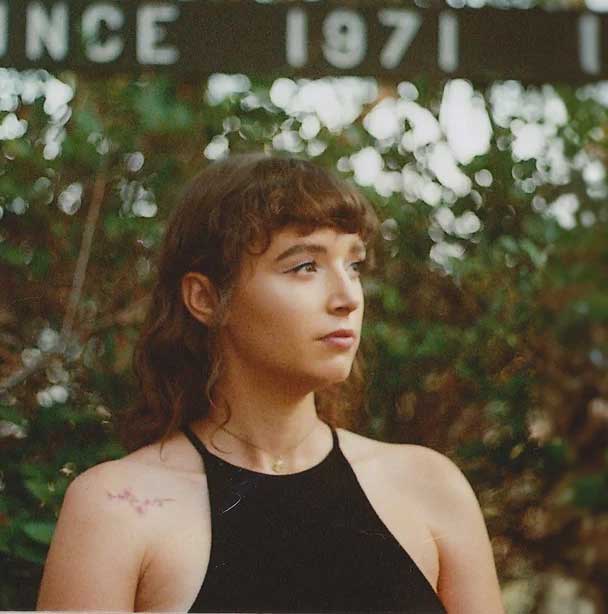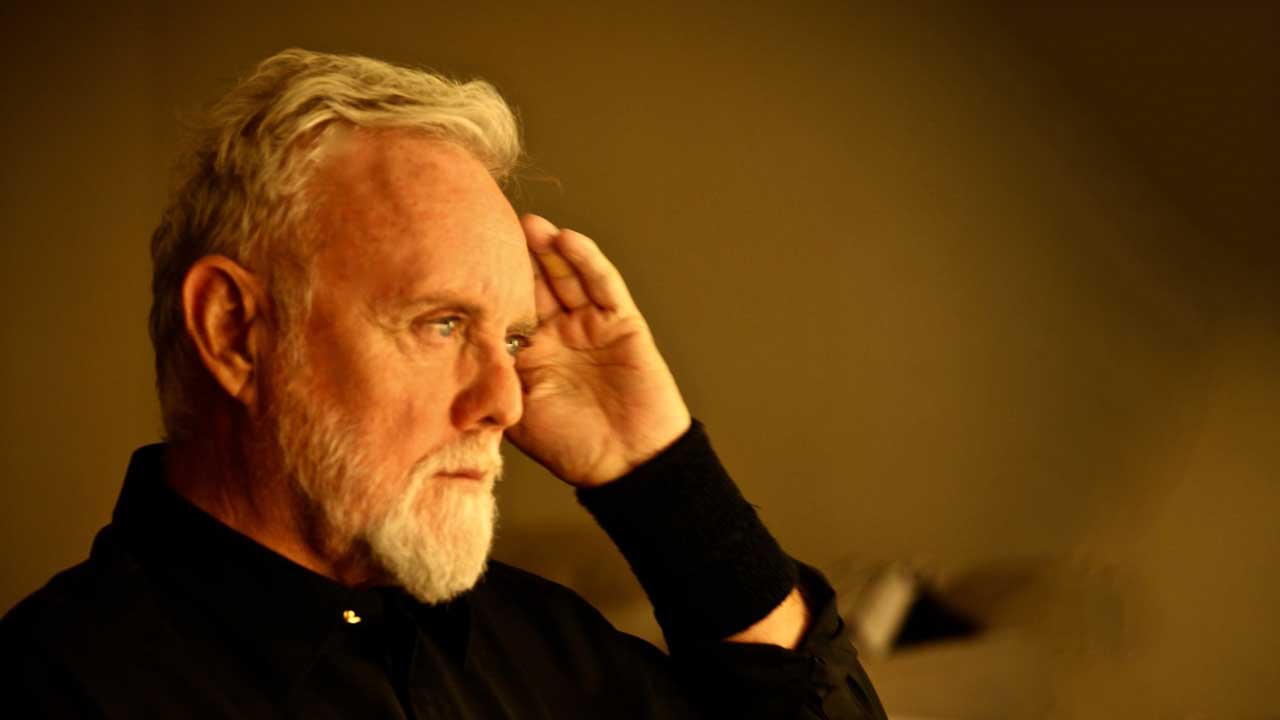“I was staring at the LA cityscape wondering what the hell I was doing with my life. I was examining every awful thing about myself”: How My Chemical Romance took alienation, anxiety and hair bleach and turned it into the emo Bohemian Rhapsody
My Chemical Romance’s 2006 mega hit was the pinnacle of emo
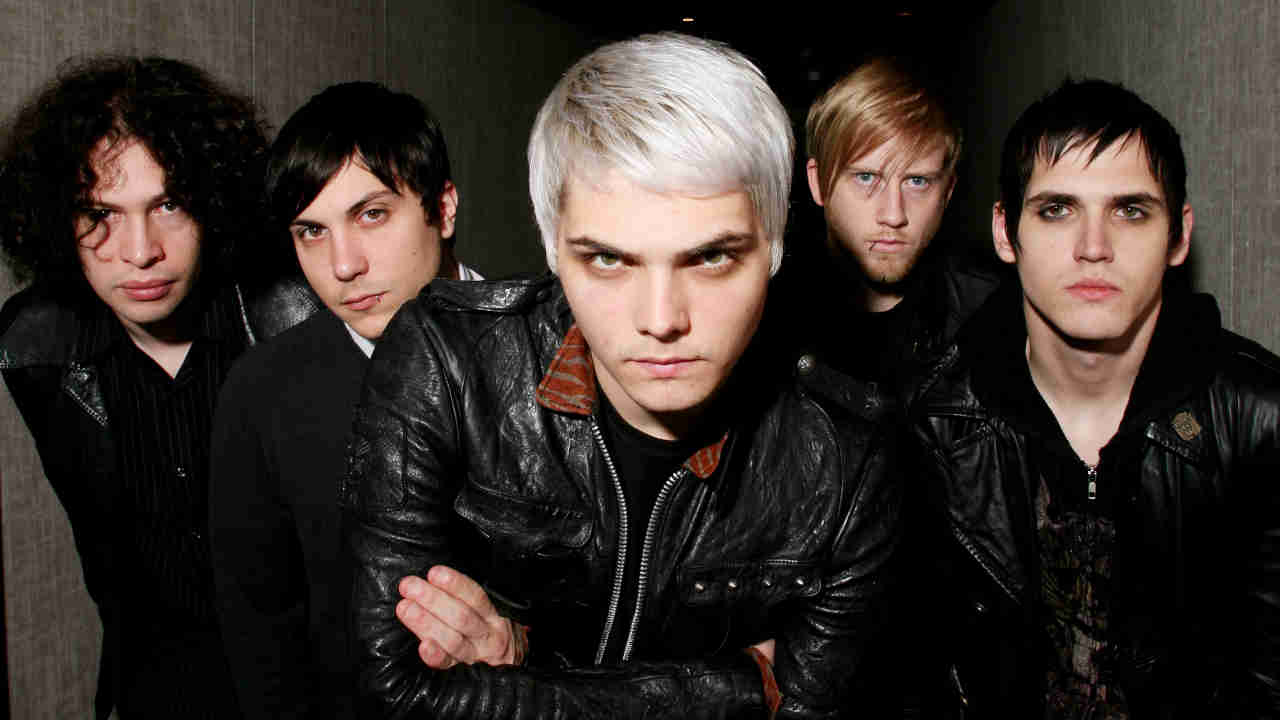
My Chemical Romance’s second album, 2004’s Three Cheers For Sweet Revenge, would have been difficult for anyone to follow, and for two years, fans waited anxiously to find out what the band would do next. They would be surprised.
On September 2, 2006, the band dropped a brand new song, Welcome To The Black Parade on Myspace, an epic introduction to a new narrative landscape. Ten days later, it was released as a single, reaching No.9 on the Billboard Hot 100 charts and later becoming the band’s first No.1 in the UK.
It was the video, released in late September, that showed the world whatThe Black Parade would be about. It introduced fans to a pale, black-eyed man known only as The Patient reclining in a hospital bed. In the video, he is taken to death by a marching band known as a “Black Parade”.
“I’d like to think that when you die death comes for you however you want, and I feel that it’s your strongest memory – either from childhood or adulthood,” singer Gerard Way explained.
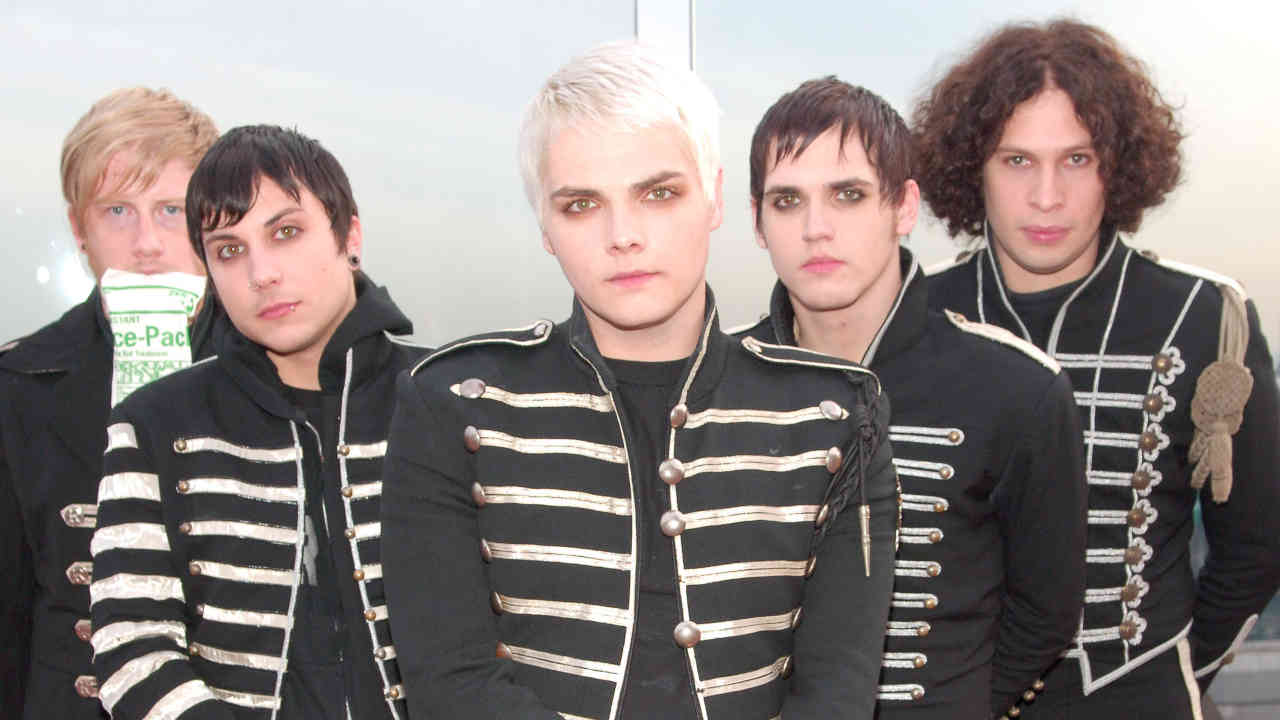
The Patient’s most vivid memory, we come to understand, was being taken to see a marching band with his father. In a desolate cityscape, the band play on floats in the silver and black jackets that fans would later don in homage. It’s a departure from the world of Three Cheers…: Way’s hair is close-cropped and bleached, his jet black locks a thing of the past.
“I’d like to think that when you die death comes for you however you want, and I feel that it’s your strongest memory.”
Gerard Way
On Welcome To The Black Parade, MCR revealed the glam rock and musical theatre influences that the rest of the album would play with. Opening with a G note that’s firmly embedded in the ears and hearts of emos everywhere, the track has hints of Queen and Bowie but is decidedly My Chem. Way sings from the perspective of The Patient: “When I was a young boy, my father/took me into the city to see a marching band/He said, ‘Son, when you grow up would you be/The saviour of the broken, the beaten and the damned?’” It rings of the cultish evangelism that My Chemical Romance inspired in their adoring fans – many did see MCR as their saviours, leading them away from darkness.
At just five minutes, Welcome To The Black Parade somehow traverses genres and moods, feeling much bigger than it is. It’s cleaner than anything on the prior two albums: slicker and more deliberate, with less of the weird murderous energy either their 2002 debut I Brought You My Bullets, You Brought Me Your Love or the follow-up Three Cheers For Sweet Revenge It feels, above all, like a defiant refusal to give in or die: “I’m unashamed, I’m gonna show my scars/Give a cheer for all the broken/Listen here, because it’s who we are/I’m just a man, I’m not a hero/Just a boy, who had to sing this song,” sings Way.
The latest news, features and interviews direct to your inbox, from the global home of alternative music.
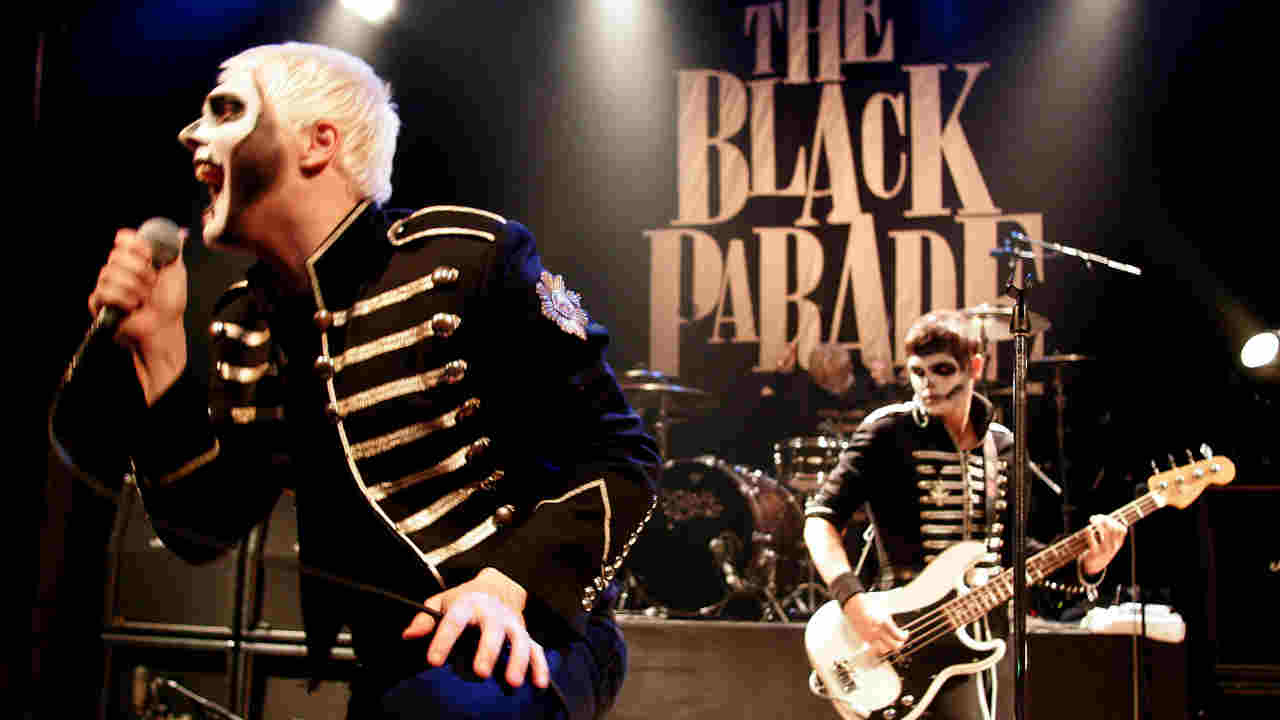
Any fans who weren’t already buying what My Chemical Romance were selling – the idea of community and being saved among the other weirdos and losers – were now fully along for the ride. The fears that some would later have that My Chemical Romance inspired cultish obsession weren’t that far off, of course, but it wasn’t a dark or negative place to be at all. As Welcome To The Black Parade fades out, the marching drum snare still ticking, My Chemical Romance have shown their new faces to the world. Everyone wanted to hear the story of The Patient.
“It wasn’t the happiest time of our lives. I was very edgy, almost like I wasn’t really alive.”
Gerard Way
The defiance woven through Welcome To The Black Parade was hard won. Members of the band, already struggling with depression, addiction and self-esteem, were finding their newfound fame and positions of influence difficult to handle. Speaking around the release of the record in October 2006, Way revealed that he had a crisis of faith during recording sessions in Los Angeles.
“I was staring at that cityscape wondering what the hell I was doing with my life,” he said. “I was examining every awful thing about myself. I was cutting myself open and taking all the parts out and examining them.” He added that the group were fighting with each other: “It wasn’t the happiest time of our lives. I was very edgy, almost like I wasn’t really alive.”
That difficulty and pain, however, particularly amongst themselves, became the defiance that fills the record, nowhere more so than on its first single. Way said, “We became so protective of each other when we were making this record that everything became different. We became a different band. We had always loved each other – we’re like brothers – but this was something different.”
For most longtime fans, Welcome To The Black Parade was their first introduction to this new, sprawling world that the band were taking them into. “It personifies the whole record,” said Way. “It’s basically the one song that sounds up the song for the record and all the risks we took jammed into one mini-epic. And it still retains everything that made us special.“ Ray Toro, too, called it their Bohemian Rhapsody, and the Queen influence is clear to anyone.
My Chemical Romance are so good at so many things: storytelling, theatre, darkness, light and community. All of that is here on Welcome To The Black Parade , in their most ambitious, epic effort to that point. It showcases everything that fans of all ages and eras love about the band, from their vulnerability to their commitment to drama. Simply put, it’s pure My Chemical Romance distilled into just five minutes.
Marianne Eloise is a contributing writer to Louder where she has interviewed everyone from Pete Wentz to Taylor Momsen. With over a decade of experience in both online and print journalism, she writes about music, disability and culture for The Cut, the Guardian, the New York Times and more. She is also the author of the essay collection Obsessive, Intrusive Magical Thinking and creator of the Emo Diary fanzine series.
You must confirm your public display name before commenting
Please logout and then login again, you will then be prompted to enter your display name.
![My Chemical Romance - Welcome To The Black Parade [Official Music Video] [HD] - YouTube](https://img.youtube.com/vi/RRKJiM9Njr8/maxresdefault.jpg)
